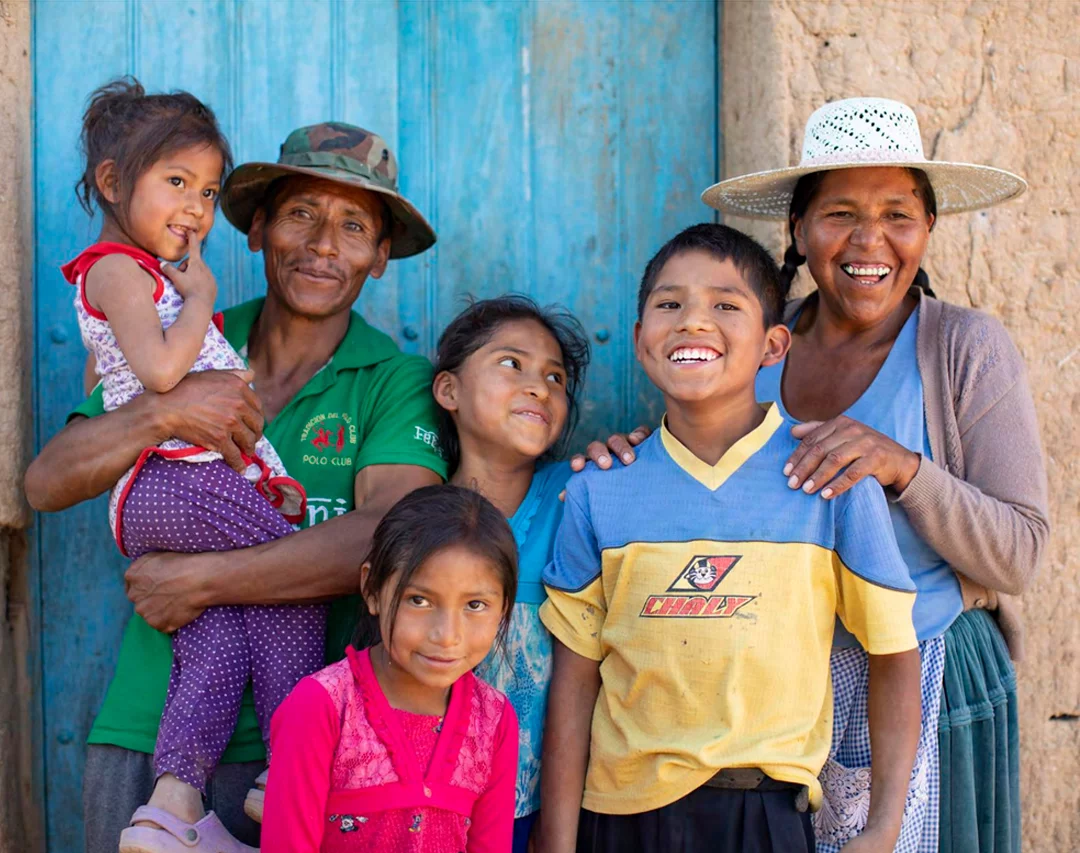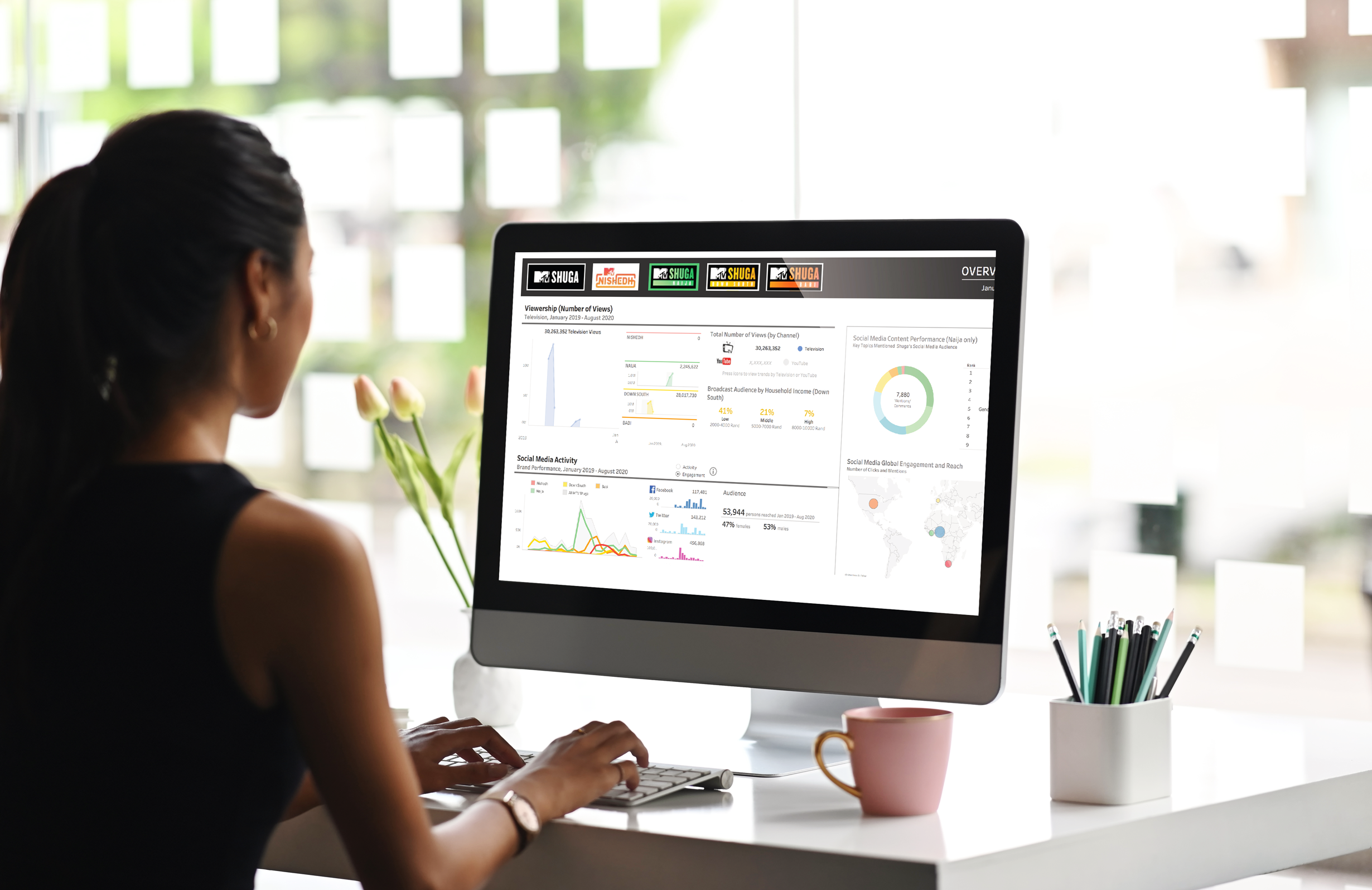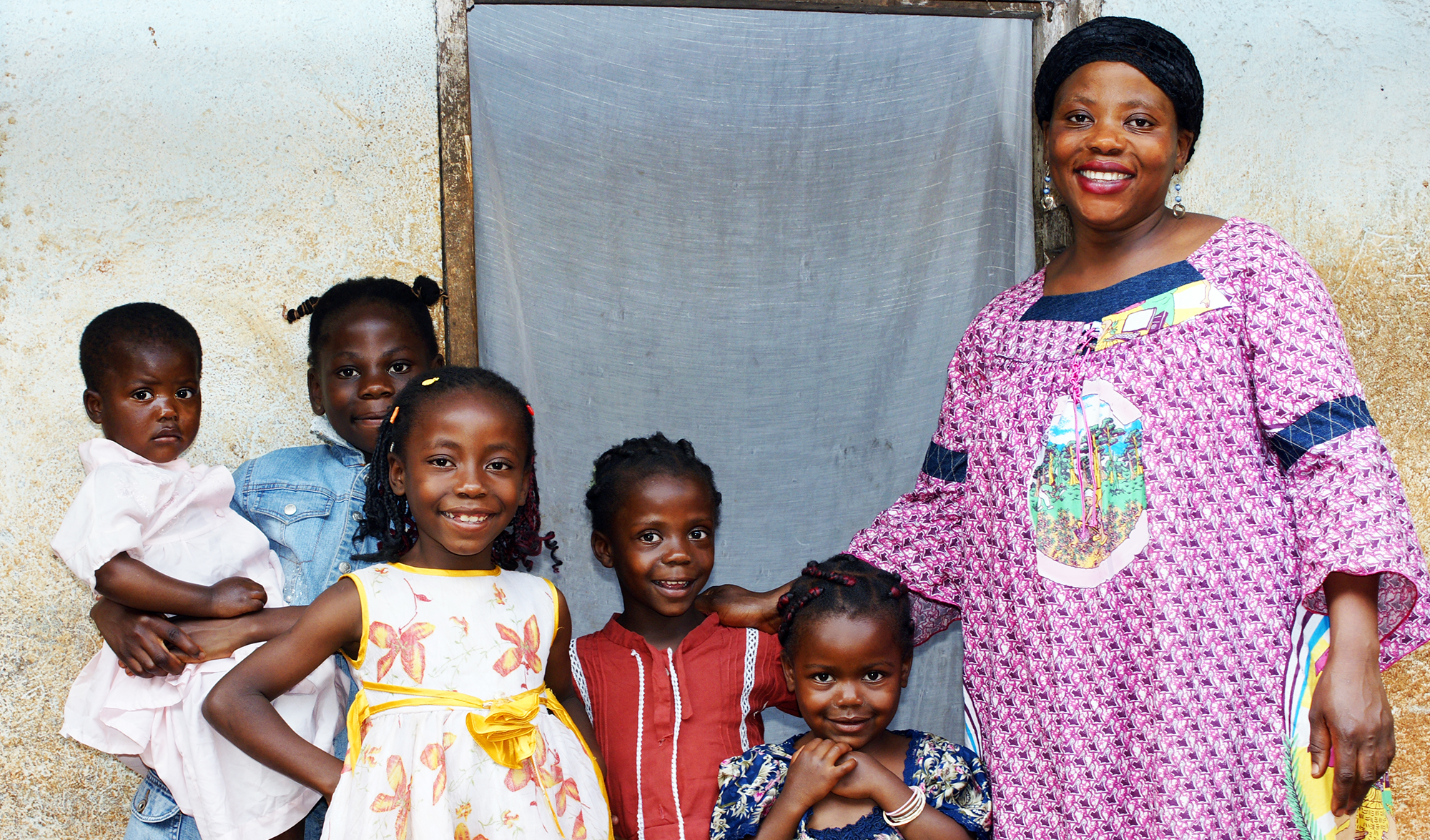Case studies
STORIES OF CHANGE
AND FIELD NOTES
AND FIELD NOTES
Below is a sampling of recent work with trusted partners and clients.
Case Study
Databoom has been working with ChildFund to scale an M E framework…
Kim Longfield
Saranga Jayarathne
Case Study
A Digitized Data Management Tool For Evidence Based Decision Making…
Kim Longfield
Jess Gergen
Case Study
A partnership strategy based on Design Thinking…
Kim Longfield
Andrea Rowan
Amy Grossman
Case Study
A tool for marketers to compare market performance across countries…
Kim Longfield
Jess Gergen
Case Study
A Communications Strategy To Ensure The E2A Project s Legacy Will Live…
Kim Longfield
Amy Grossman
Case Study
An Experimental Study To Test The Impact Of Social Marketing On Zimbabwe…
Andrea Rowan
Kim Longfield






